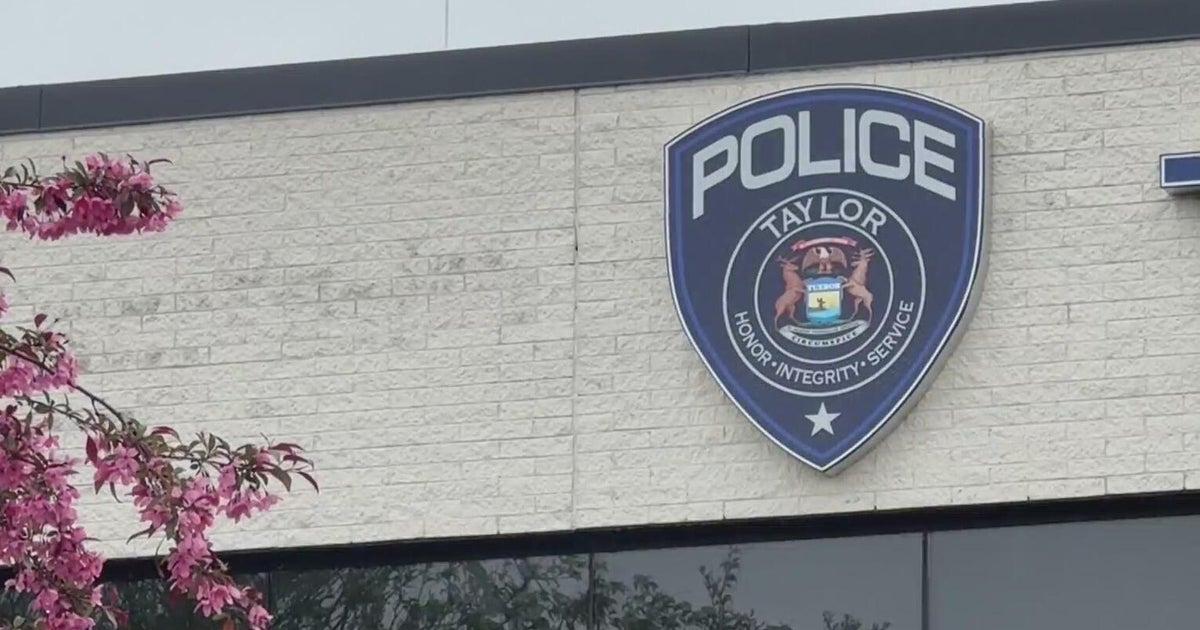Investigation finds 3 BART employees responsible for time theft; 1 facing charges
More instances of time theft by BART employees were substantiated by the agency's Independent Office of the Inspector General.
The investigation report says time theft by three employees led to at least $9,004 in loss. According to the OIG, the employees reported working 10-hour shifts, but were actually spending much of that time, or part of it, at home after checking in at work.
This led to them collecting their base salary, extra earnings from shift pay, overtime and double time despite not being at work. The report states the employees were not approved for remote work, and their job duties were not even suited for working remotely.
One of the employees retired after the OIG asked BART police to contact them. According to the OIG report, this led to BART police handing over their investigation report to the San Mateo County District Attorney's Office.
Charges were then filed on Nov. 3, 2023, against the employee.
BART police was not involved in the cases of the other two employees. The OIG report states the employees admitted to the time theft before police were involved, and they instead had their cases referred to BART executive management.
BART may seek civil restitution from the employees whose cases will not be referred for criminal charges. Their employment status or potential disciplinary action against them has not yet been decided as management continues to investigate.
For the former employee who faces charges, BART may seek civil restitution if they are not ordered to pay as part of the criminal proceeding. As they retired, BART involved CalPERS, and depending on the criminal case, the former employee could have their retirement benefits recalculated.
The OIG report notes these are the third, fourth and fifth instances of time theft at BART that were substantiated in that past two years. A sixth investigation into an allegation of time theft was not substantiated.
BART implemented a new procedure in March for supervisors and managers which would "give them reasonable assurance that the time they are approving for employees is accurate."
It will include random crew site visits, mandatory shift check-ins and check-outs on district property. Their will be a follow up to determine if the new procedures are effective.






